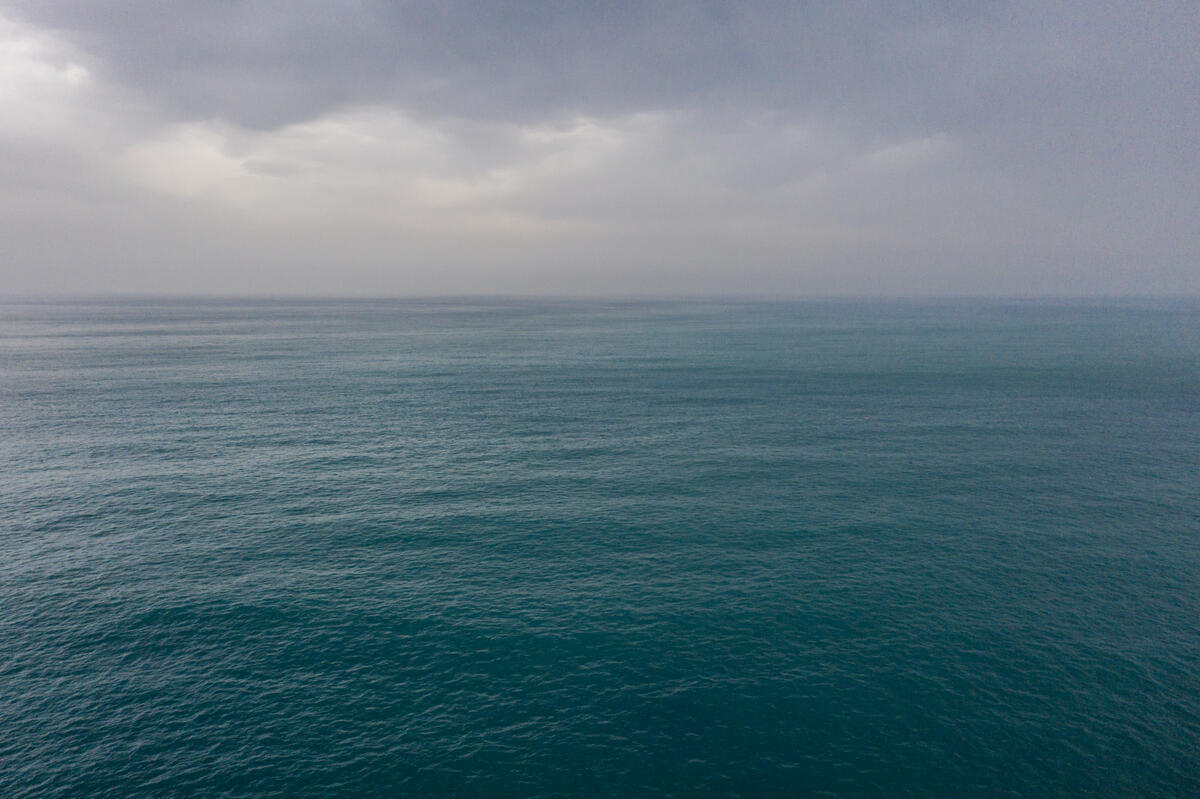UNHCR urges Malta to provide medical care for survivors of capsizing
UNHCR urges Malta to provide medical care for survivors of capsizing
Thursday, 28 August 2008
GENEVA - The UN refugee agency urges the Maltese authorities to provide medical care to eight African migrants rescued this week after their boat capsized in the Mediterranean Sea off Malta. UNHCR also asks the Maltese to broaden the search for at least 70 people missing and feared dead.
On Wednesday, the head of the UNHCR office in Malta spoke with two of the eight male survivors, including a 15-year-old boy. The two survivors said their boat set off from the coast of Libya last Thursday (21 August) with 78 passengers on board, mainly of Somali, Eritrean and Sudanese origin.
On Monday, they capsized in rough sea conditions. Eight people managed to hang on to the boat, but the rest of the passengers - including 4 women, three of them pregnant - were swept away and are missing. On Tuesday night (26 August), the known survivors were picked up by a Maltese fishing boat, which transferred them to a Maltese naval vessel. They are now being held in detention centres on Malta.
UNHCR's head of office in Malta found the survivors to be in poor physical and mental condition after their ordeal on the high seas and subsequent detention.
The UN refugee agency believes that these deeply traumatized people, who may include refugees and asylum seekers, should not be held any longer. They should be released into medical care and given adequate support, including proper counselling.
UNHCR is also calling upon the Maltese authorities to continue the search for the missing. Three bodies have been spotted so far by the Maltese armed forces. If no more survivors are found, this would be one of the deadliest losses at sea involving people trying to reach Europe from North Africa by sea.
UN Deputy High Commissioner for Refugees L. Craig Johnstone said he was shocked by the loss of life. "I am deeply saddened by this latest tragedy," Johnstone said in Geneva. "This terrible loss of life highlights the urgent need for a concerted international effort aimed at addressing root causes of migration and at offering international protection to those in need."
Refugees now make up a significant percentage of those arriving irregularly by sea in Malta and Italy. About 70 percent of those arriving by sea in Malta go on to apply for asylum. Last year in Italy, 35 percent of these arrivals applied for asylum while 22 percent of those arriving were deemed to be in need of international protection.








